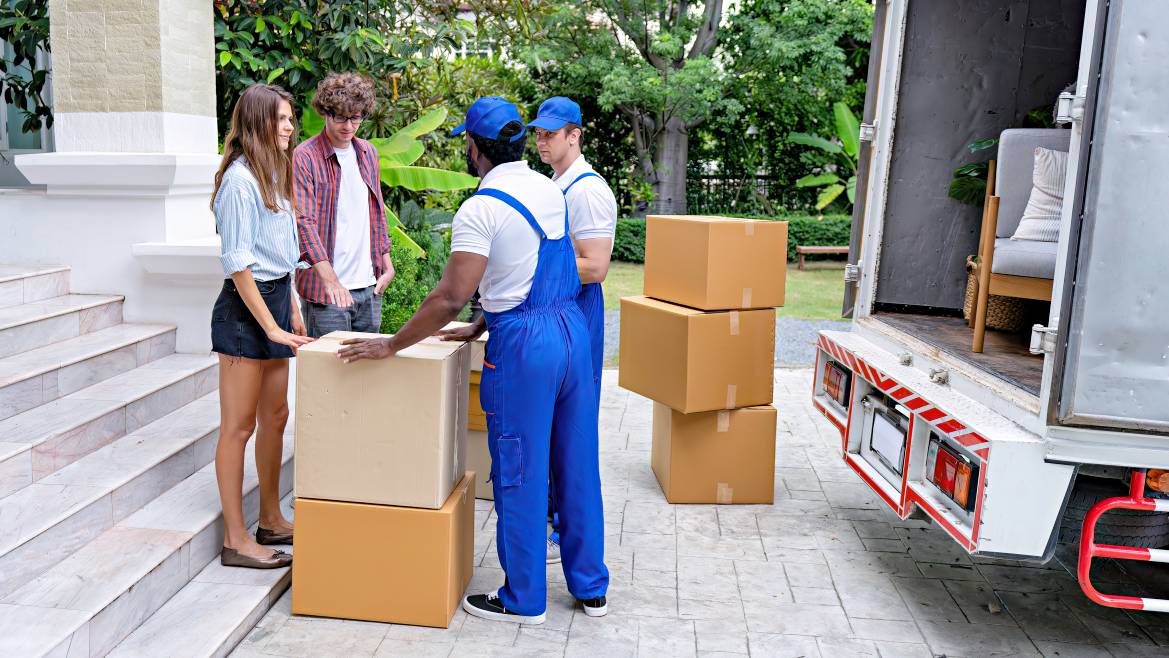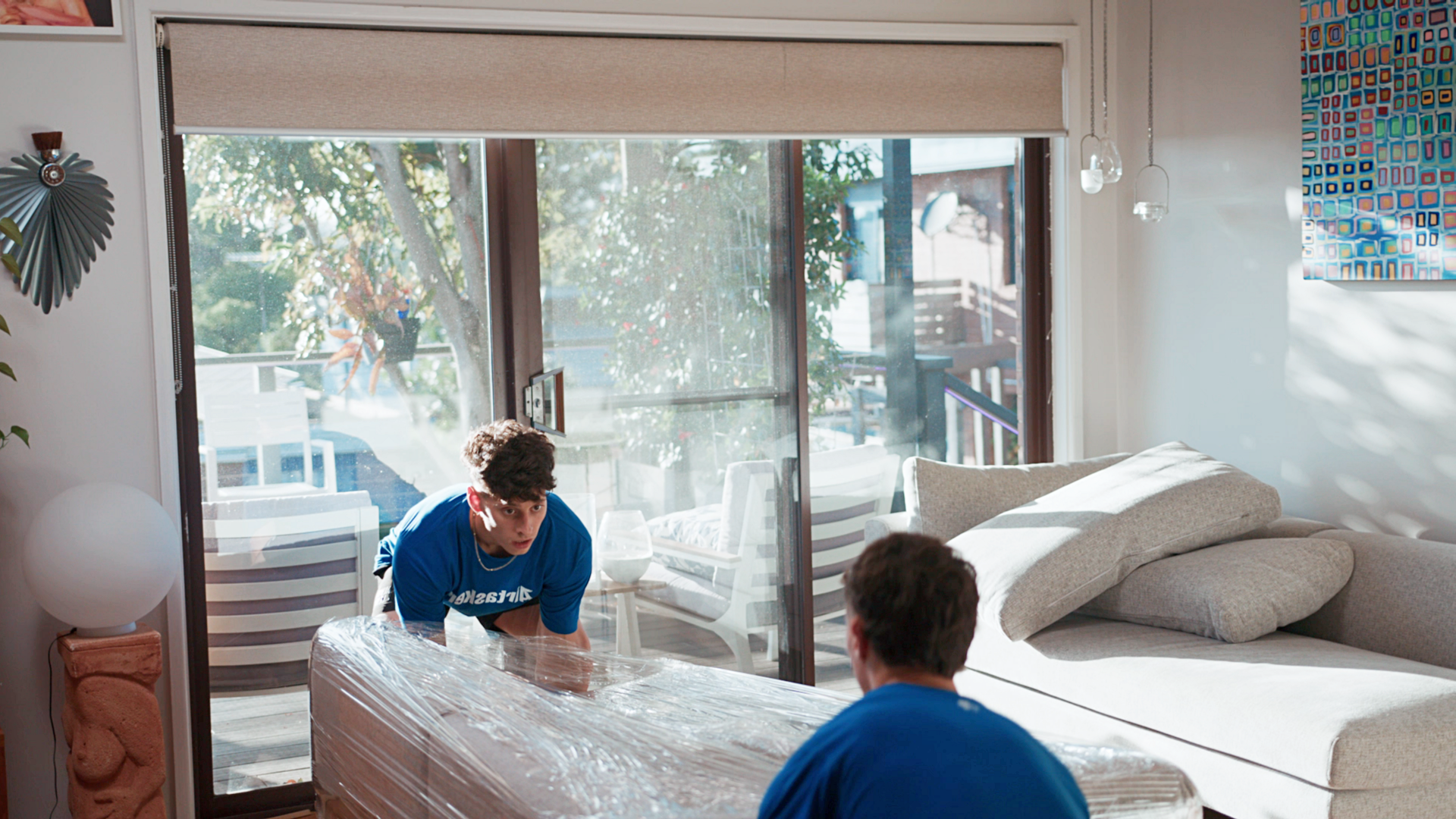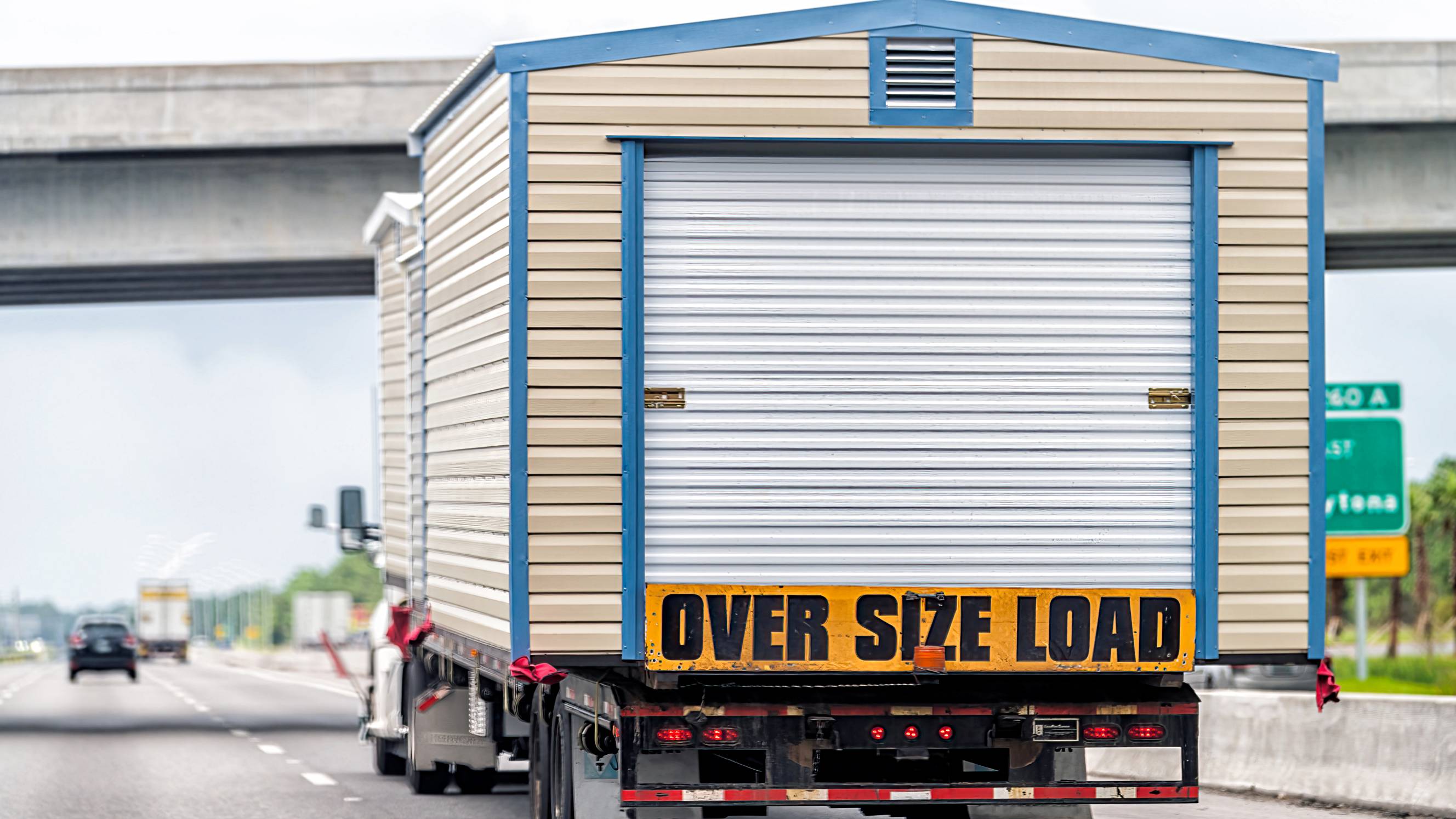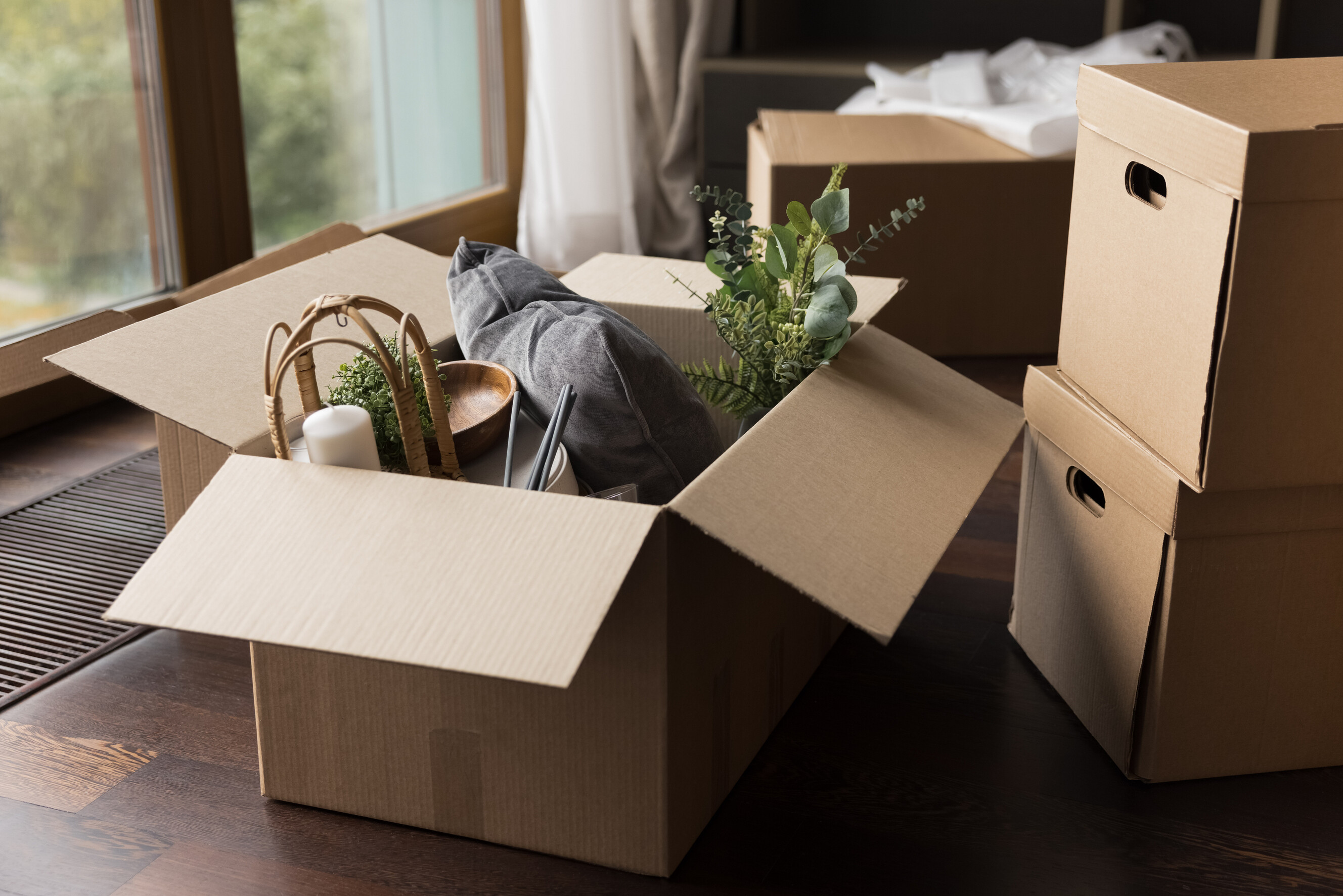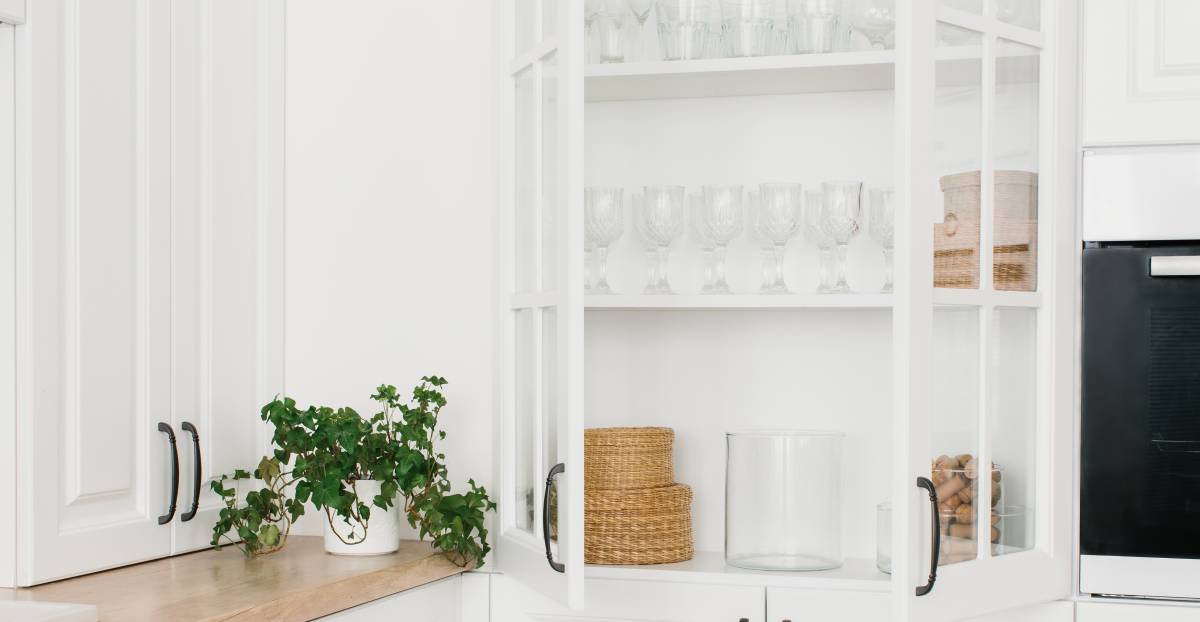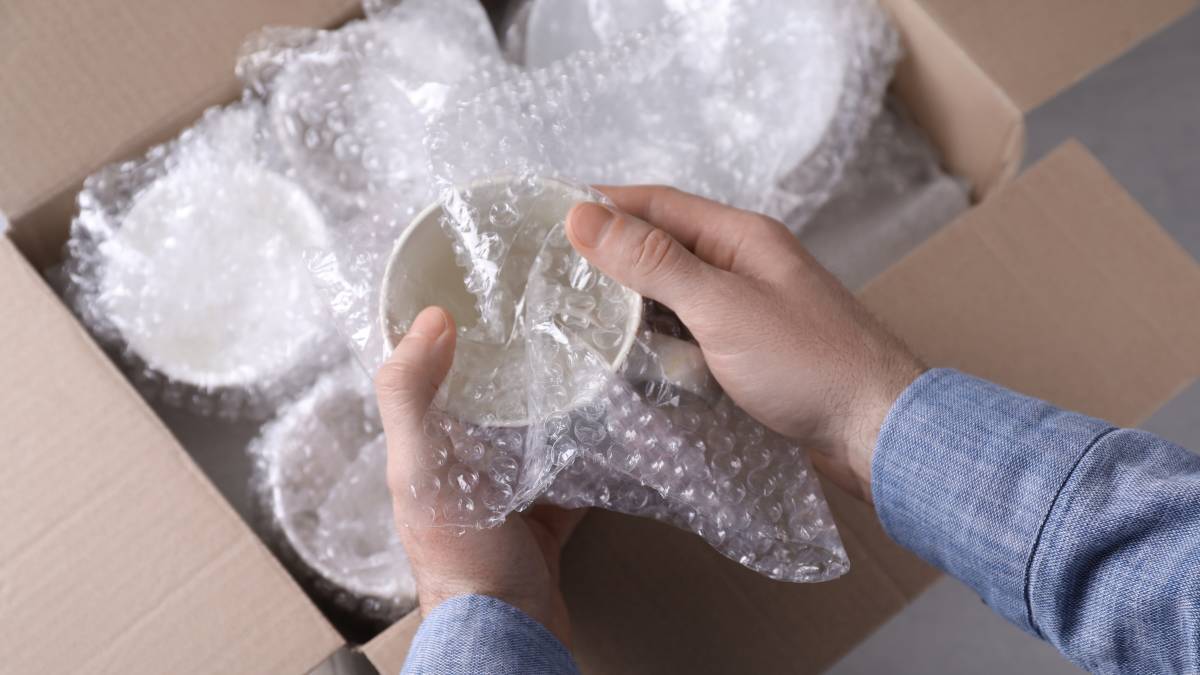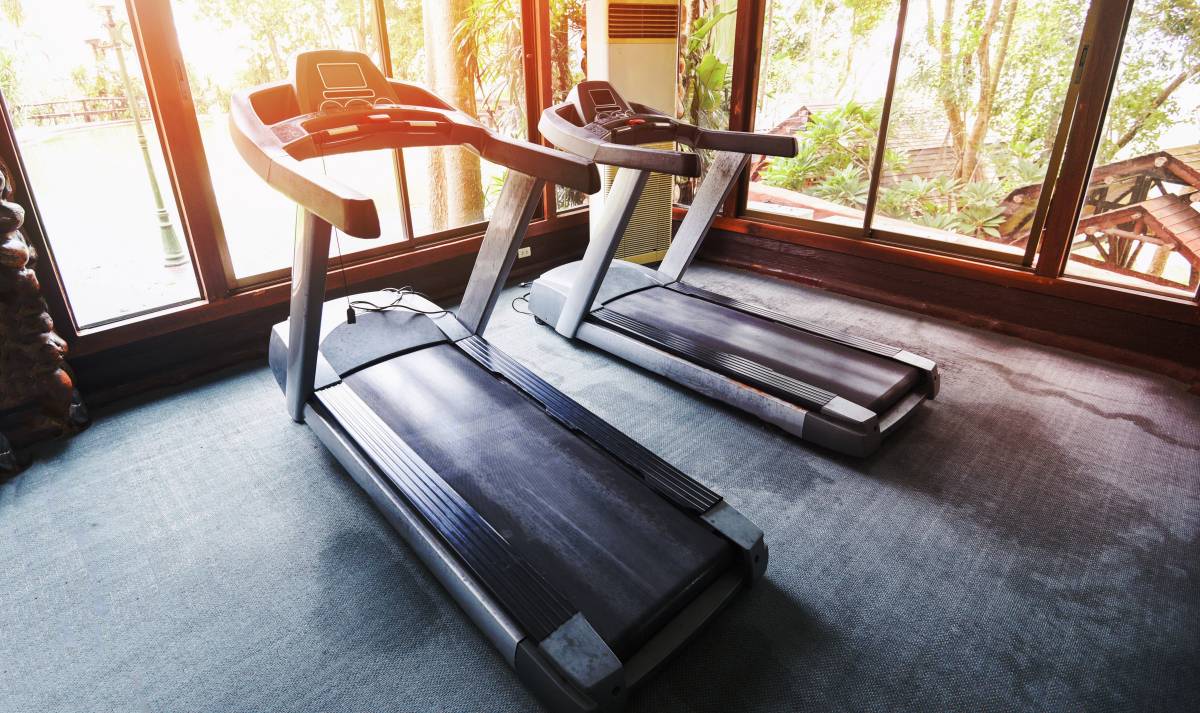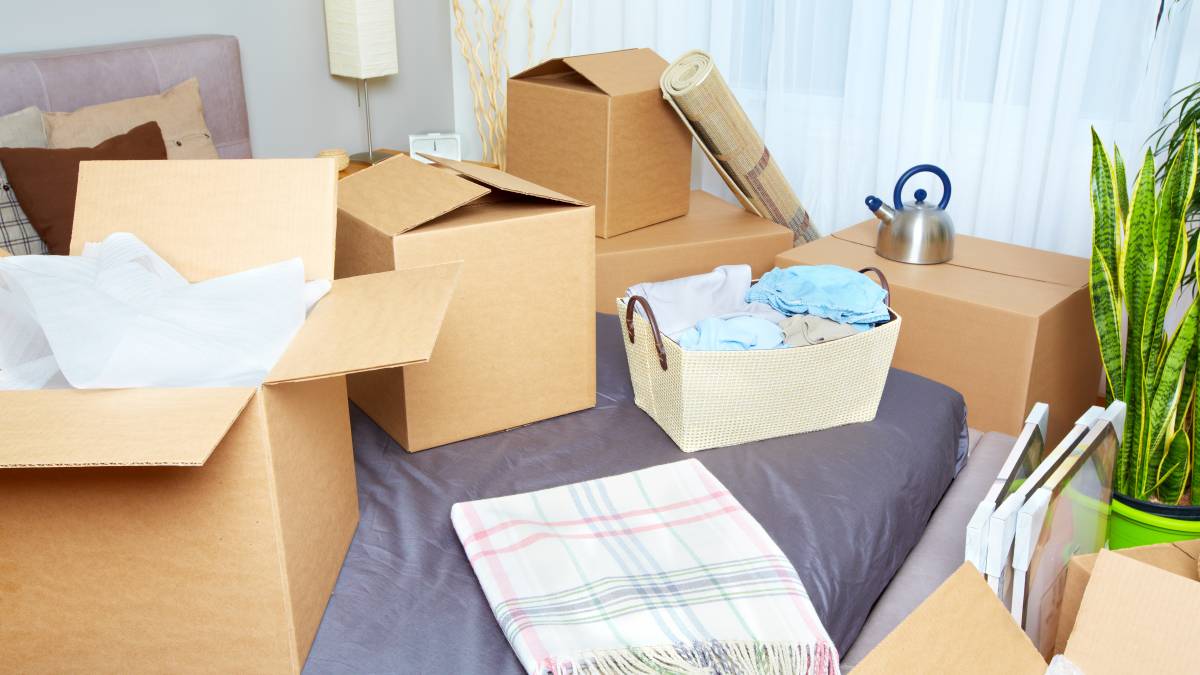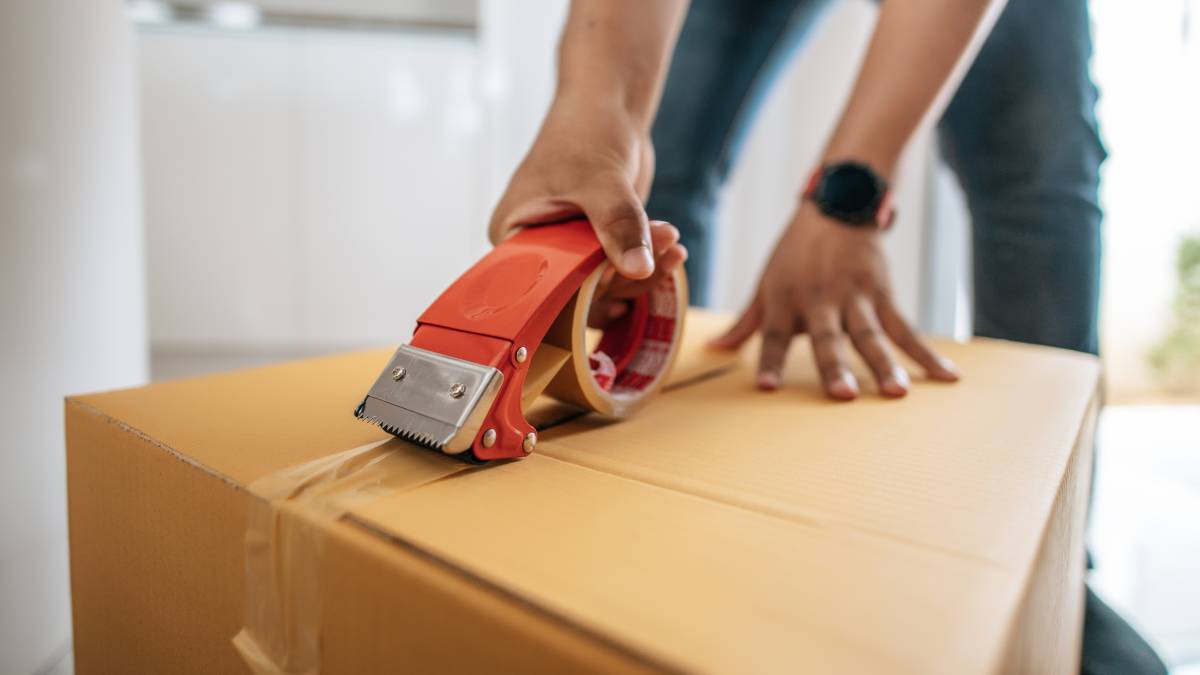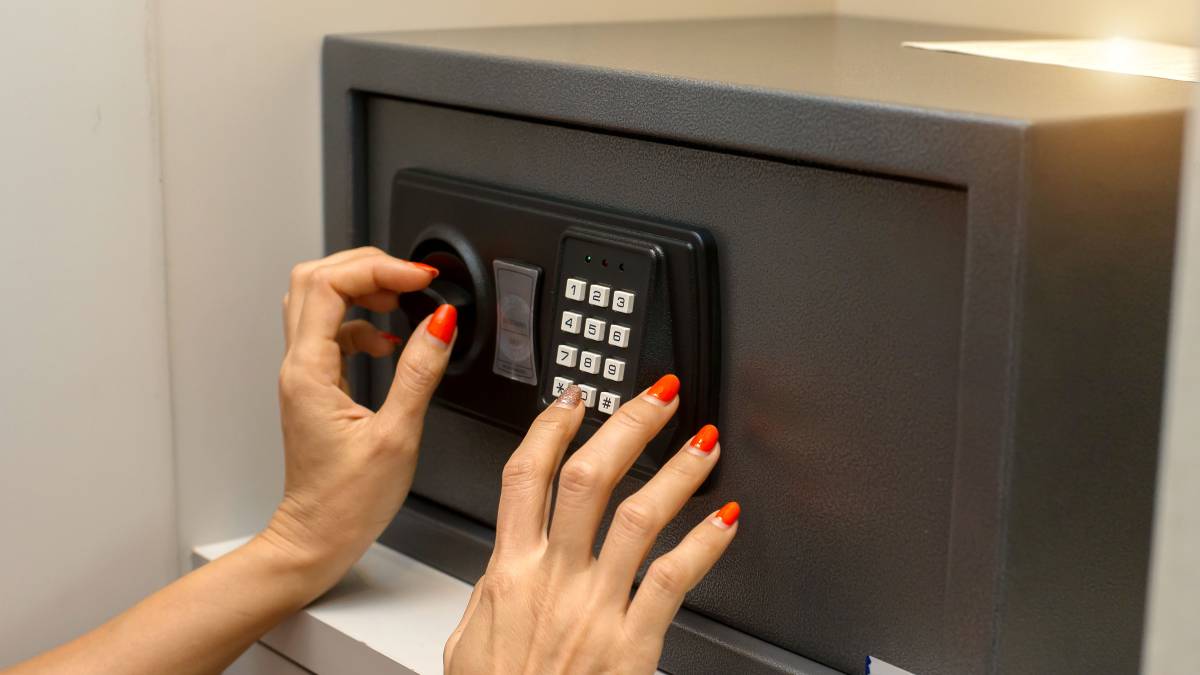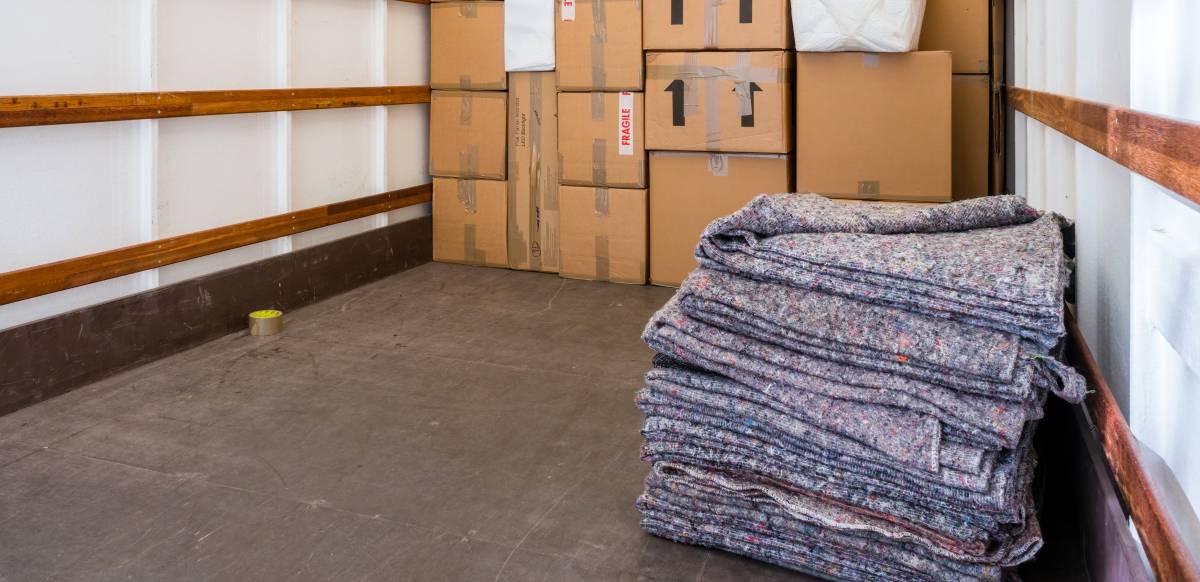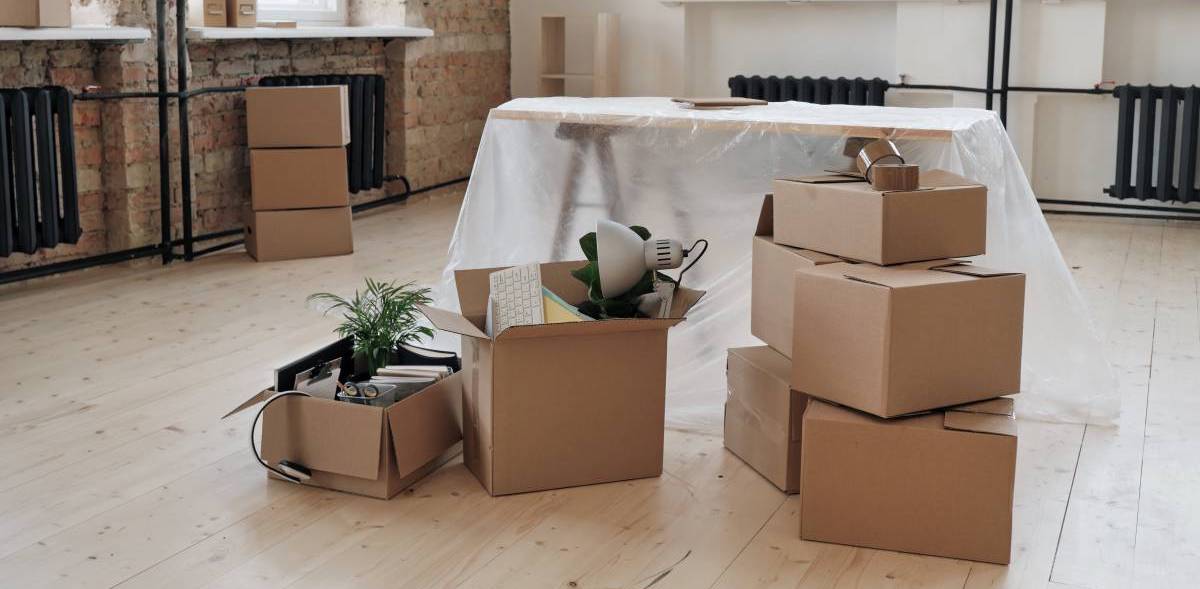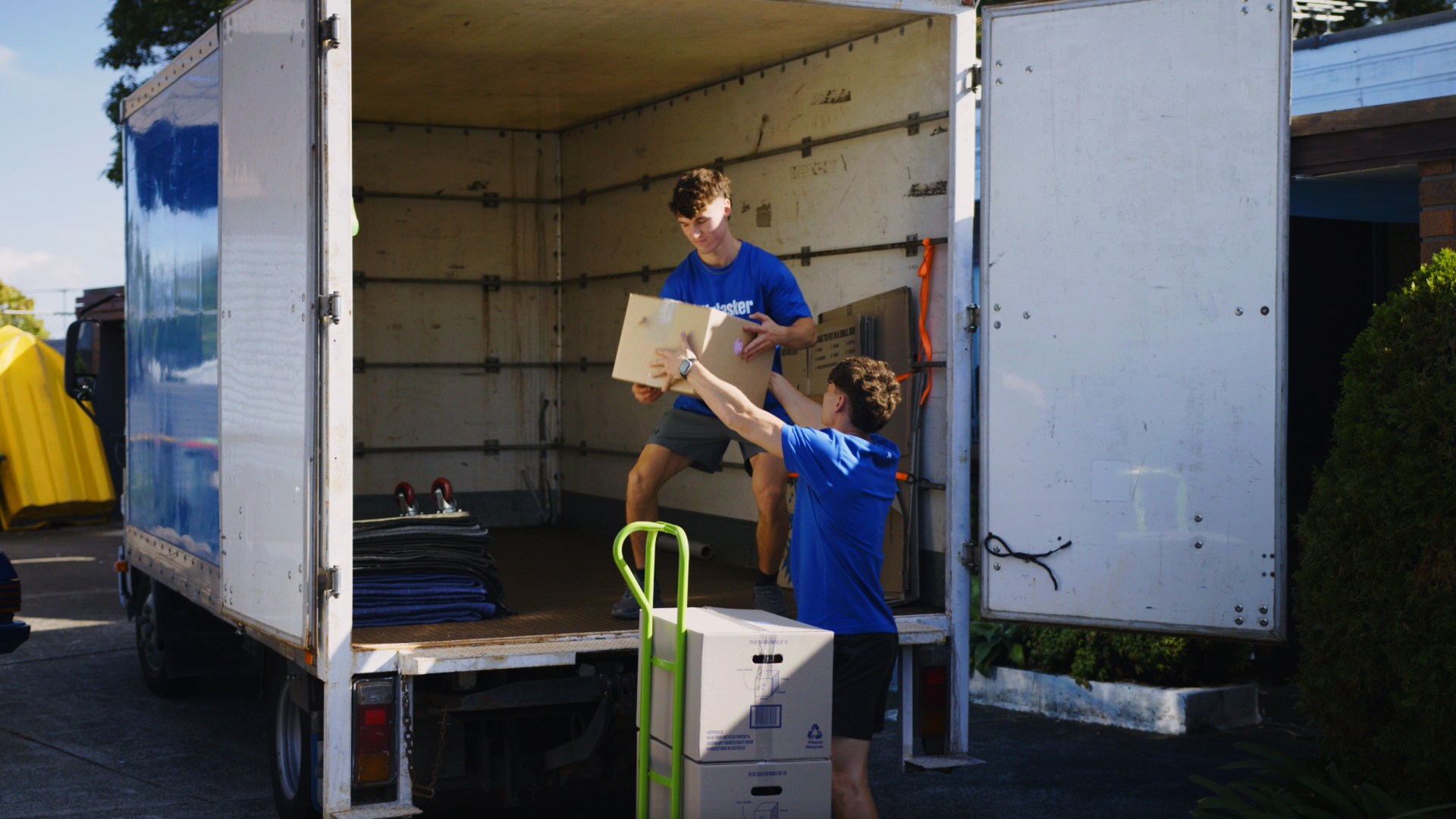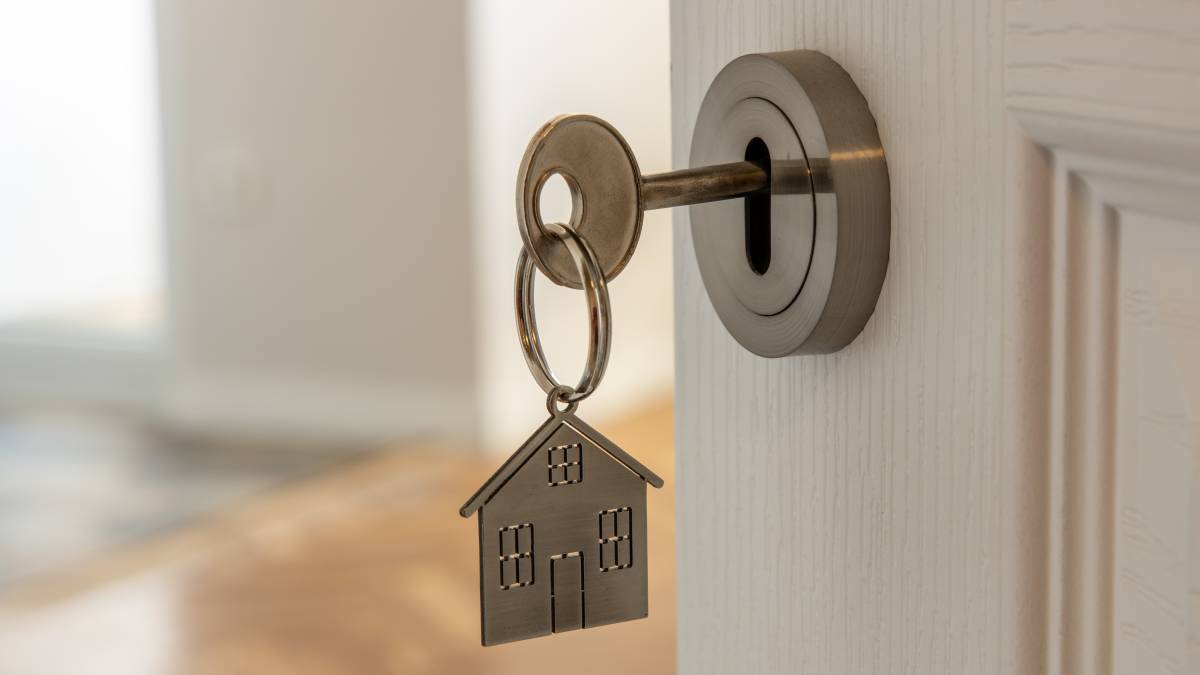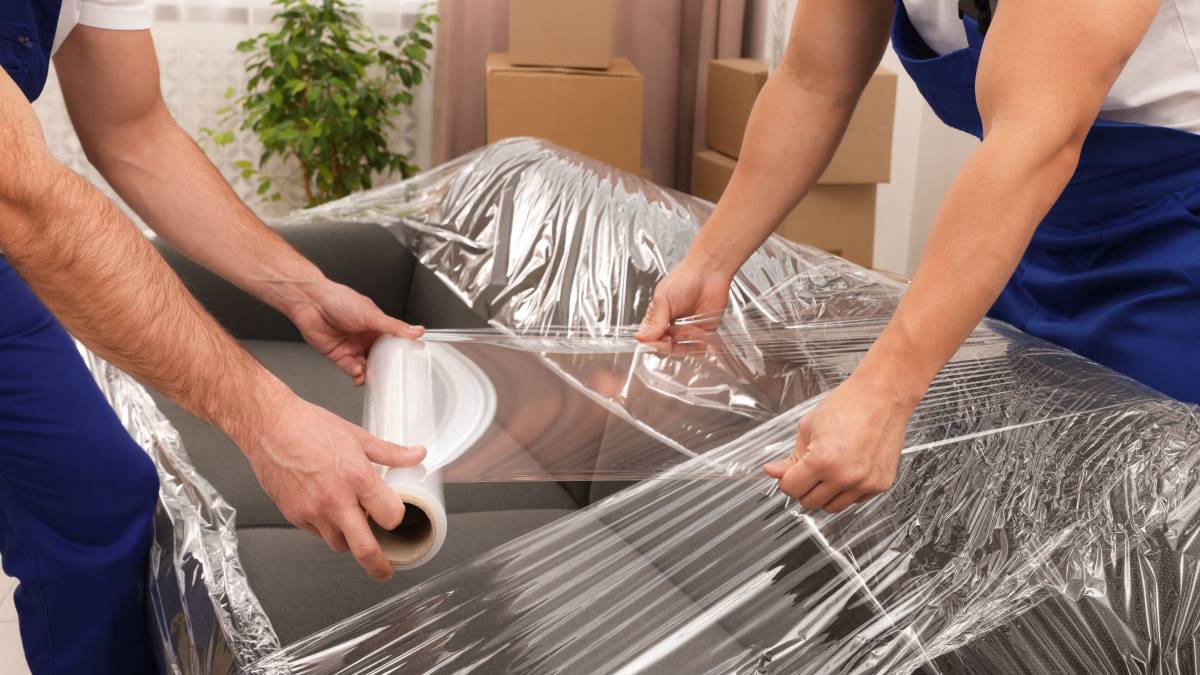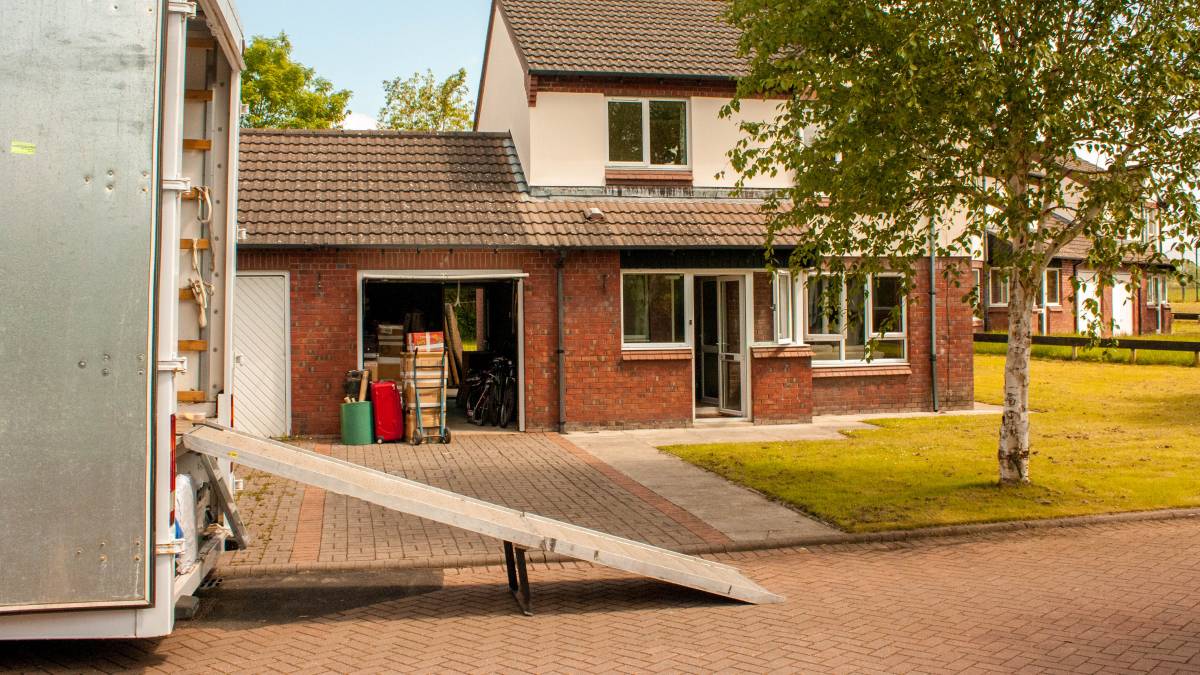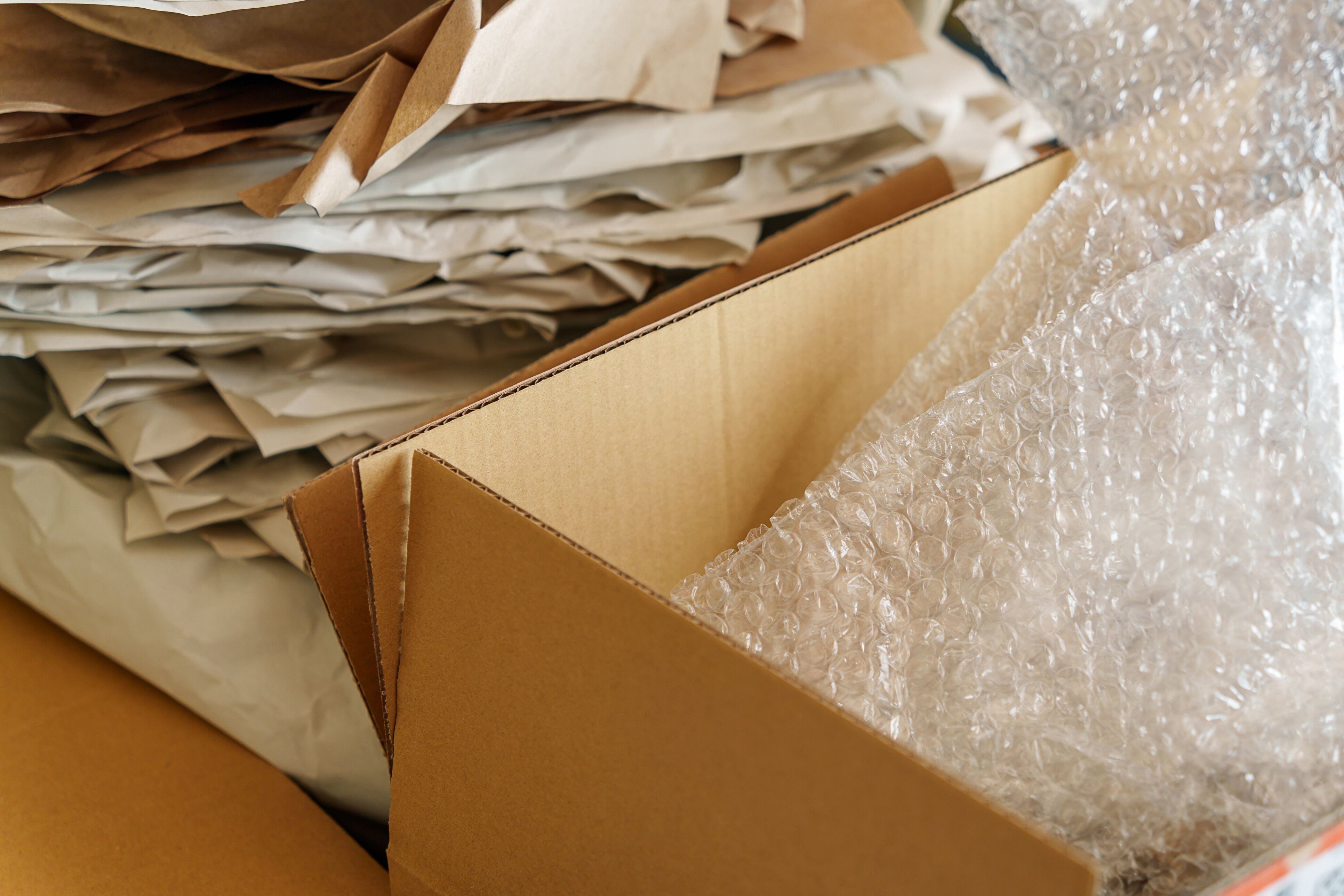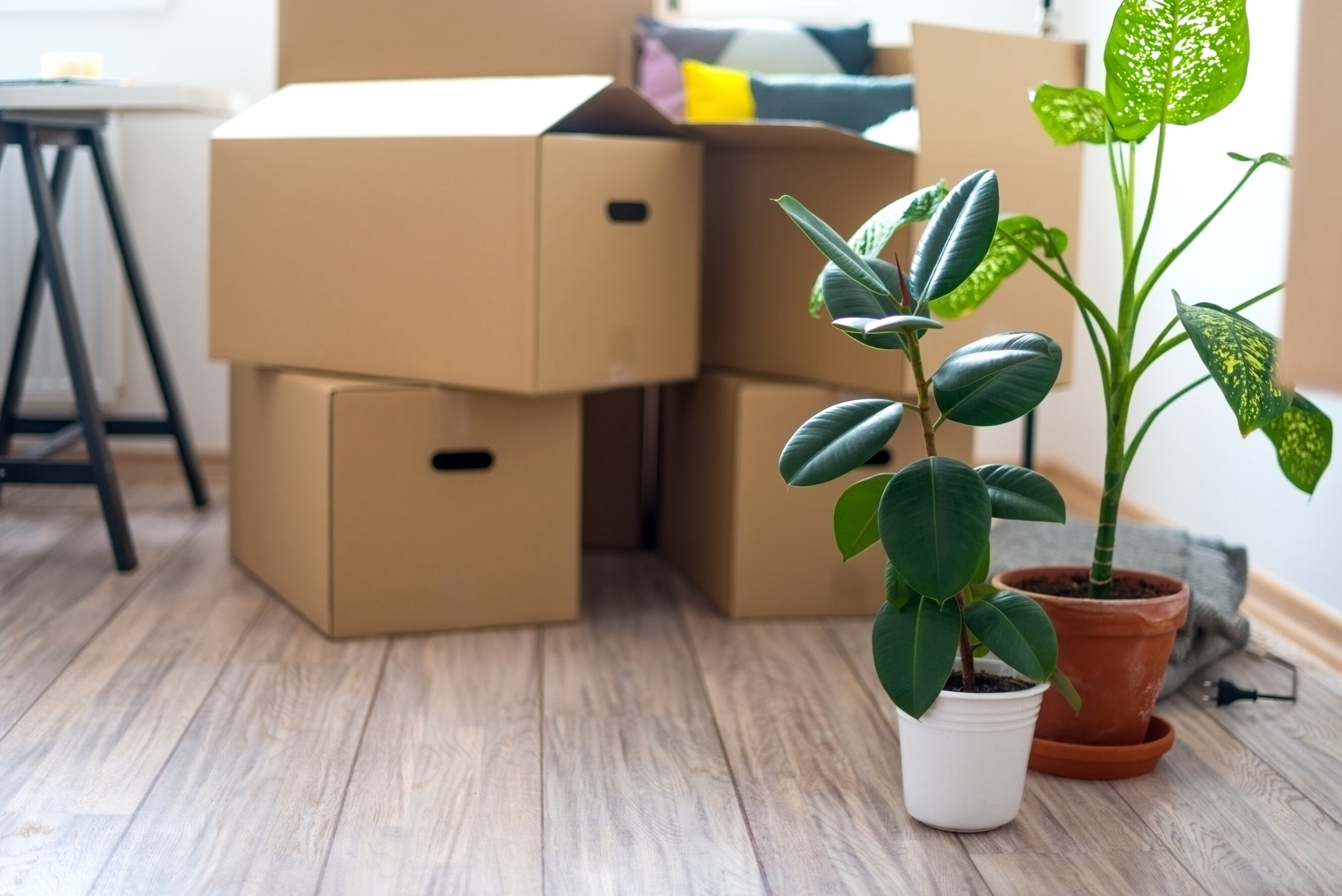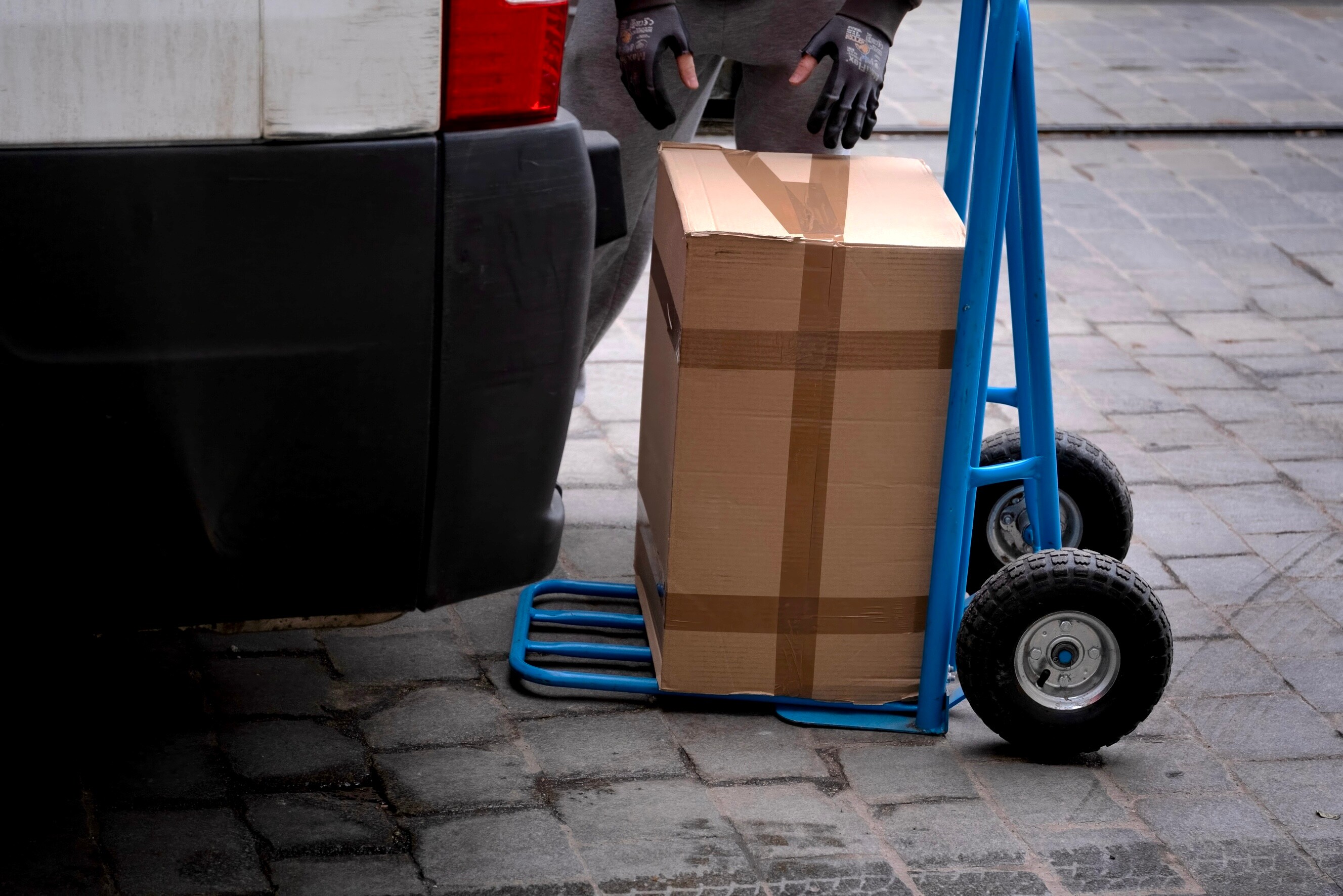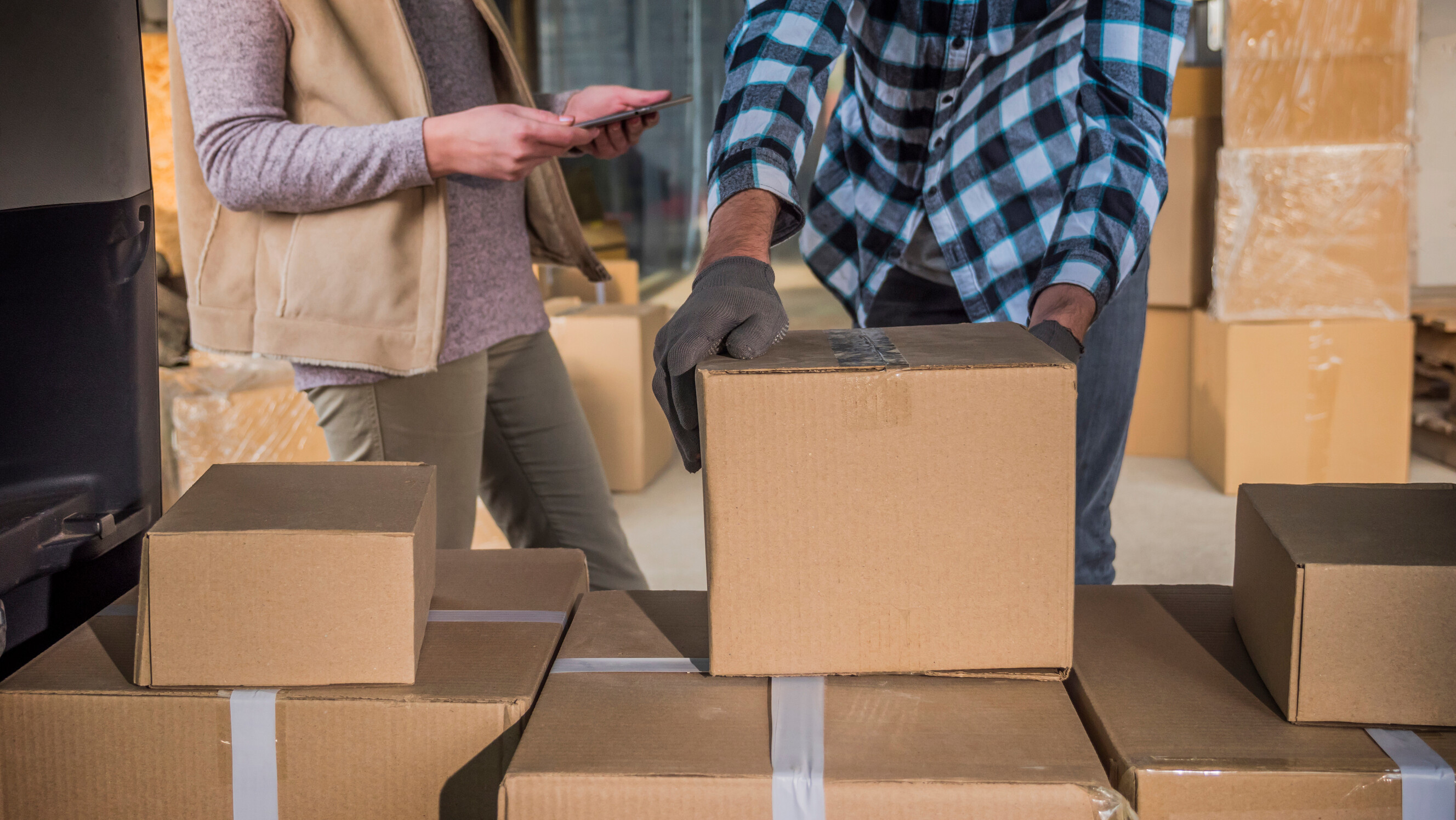
Published on

Written by Maureen C.
Contributor
Read more about our contributor
Key Takeaways:
Moving house can be stressful because you have to declutter your belongings and let go of the memories attached to your home.
Preparing your moving checklist the night before helps you stay organised and ensures nothing important gets left behind.
Hiring a professional mover can help ease the stress of moving by taking care of much of the packing, lifting, and coordination.
Moving house can be challenging, but that hasn’t stopped one in five UK households from making major moves every three years. So don’t let the stress hold you back. With so many boxes to pack and organise, it’s perfectly normal to feel moving stress along the way.
To help ease the pressure, this guide highlights seven of the most challenging moving tasks and shares tips on how to cope with the stress of moving and keep it to a minimum.
1. Decluttering and deciding what to keep
Decluttering is often the first and toughest hurdle when preparing for a move. For many, it’s among the most stressful experiences, forcing you to face past purchases, sentimental heirlooms, and the overwhelming mountain of belongings accumulated over the years.
You’re not alone, though—research estimates that 18.8 million households are in need of decluttering. But once you get started, you’ll likely feel lighter and more focused, with renewed energy to tackle your next moving tasks.
While decision fatigue is real and often paralysing, there are ways to ease it. Remember that you’re bound to make new memories and positive experiences in your new home, so don’t be afraid to discard old stuff. If you’re struggling with sentimental items, try taking photos of them before parting ways so you can keep the memory without the clutter.
2. Budgeting and booking removal firms
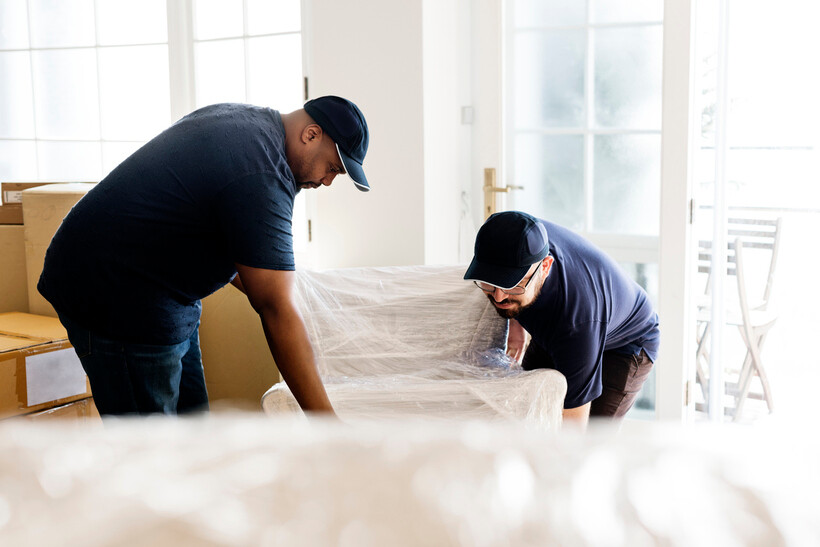 Expert movers safely and efficiently handling large furniture. (Source: iStock)
Expert movers safely and efficiently handling large furniture. (Source: iStock)
Few other things add to moving house stress, like trying to set a budget and lock in a dependable professional who fits your timeline and price range. If you’re one of the people who move from place to place, you probably know that moving costs are often unpredictable, as quotes fluctuate depending on the day or season.
Financial uncertainty can also build up anxiety, especially when you’re trying to keep up with rising living costs in the UK while making sure each furniture piece is handled carefully.
3. The actual day of loading and unloading
The actual day of loading and unloading places heavy demands on you, both physically and mentally. You need to be strong enough to safely lift all the heavy furniture and boxes from your old home to your new one. Using improper lifting techniques can cause injuries, muscle strains, scratched walls, and damaged belongings.
There’s also the pressure to get everything done in a single day, especially if you’re managing a DIY move with a hired van. The clock’s ticking, the van hire has time limits, and the exhaustion builds quickly.
4. Transferring utilities and changing your address
 Transferring utilities online to a new address. (Source: iStock)
Transferring utilities online to a new address. (Source: iStock)
Next on your list of things to do when moving house is transferring your utilities and updating your address. It might sound simple, but between long call wait times, multiple websites to navigate, and the fear of arriving at your new home without electricity, water, or internet, it can quickly become one of the most stressful life events.
It’s easy to put off, but delaying this step can cause serious complications later. To stay ahead, visit the Royal Mail website to set up mail redirection, and contact your electricity, gas, water, and broadband providers early to arrange disconnection and connection dates. Remember to update your address with key organisations such as your GP surgery, dentist, HMRC, the electoral register, and your local council for council tax.
5. Cleaning the old place
After managing endless moving tasks, cleaning your old home is probably the last thing you want to deal with. With most of your energy spent making sure everything goes smoothly at your new address, the thought of a thorough end-of-lease clean can be downright exhausting. Plus, there’s the pressure to get the property spotless if you want to secure a full return of your deposit.
In most UK tenancy agreements, you’re required to return the property in the same condition you received it, which often means a professional-standard clean. This includes carpets, walls, windows, ovens, and even the grouting between bathroom tiles.
6. Unpacking and setting up
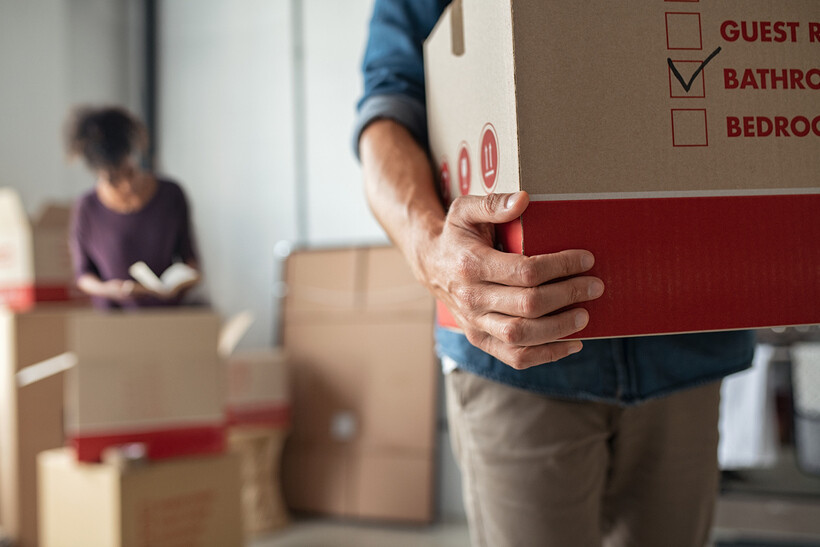 Unpacking boxes and organising items in a new space. (Source: iStock)
Unpacking boxes and organising items in a new space. (Source: iStock)
Unpacking and setting up your new home is also among the top life stressors related to moving. You’re surrounded by a pile of boxes, with everything still wrapped up and nowhere fully sorted. Finding essentials can quickly become a real headache, so you might put off unpacking. But when days turn into weeks, something has to change if you want to finally unwind.
Remember, settling in takes time. It’s completely normal if your new house doesn’t feel like home right away, so try not to be too hard on yourself if progress is slow.
7. Moving with kids and pets
Managing children and pets while moving home brings an extra layer of stress. Their routines get disrupted, which can leave them feeling anxious or unsettled. Your children may become clingy, especially if changing schools, while pets may hide or act out due to their new surroundings.
All these signs require constant attention when you have none to give, and can potentially lead to a sense of loss of control and relocation depression, according to research.
Make your move hassle-free with experts
With so many tasks from packing to managing tight schedules, moving house is undeniably one of the most stressful life events. However, by pinpointing your main moving stress triggers early on and preparing in advance, this whole process can feel a lot more manageable.
Take the pressure off moving day by hiring expert movers on Airtasker. These professionals have plenty of experience, so handling your move is second nature to them. This way, you can focus on settling into your new home without the usual headaches.
Learn more about our contributors

Written by Maureen C.
Contributor
Maureen C. is a writer with a passion for crafting clear, meaningful content. With a degree in English Literature and experience writing for lifestyle and educational platforms, she brings a thoughtful approach to topics such as home safety and improvement, logistics, and eLearning. Outside of writing, she enjoys reading and walking her dogs.
FAQs on moving stress
Yes. Moving anxiety is completely normal as this transition period involves a lot of change and uncertainty, which can affect your physical and mental state. Moving a house also triggers other symptoms like fatigue and difficulty sleeping. A good way to manage moving anxiety effectively is to open up to and rely on your friends and family for emotional support.
Moving is anxiety-inducing as it involves significant change by disrupting familiar routines and creating emotional stress. The physical and financial demands of packing, organising, and relocating further amplify moving anxiety.
To stop moving anxiety, start planning early and breaking the move into manageable steps to avoid feeling overwhelmed. Seek support from friends, family, or professional movers to share the workload and reduce stress.
Adjusting to a move can range from a few weeks to several months. This will depend on factors like the new environment, routine, and social connections. For some, it may only take a few weeks to adjust, but others may need one to two years to fully adapt to their new area.
Find removals experts, fast
Find a removals expert
Related price guides
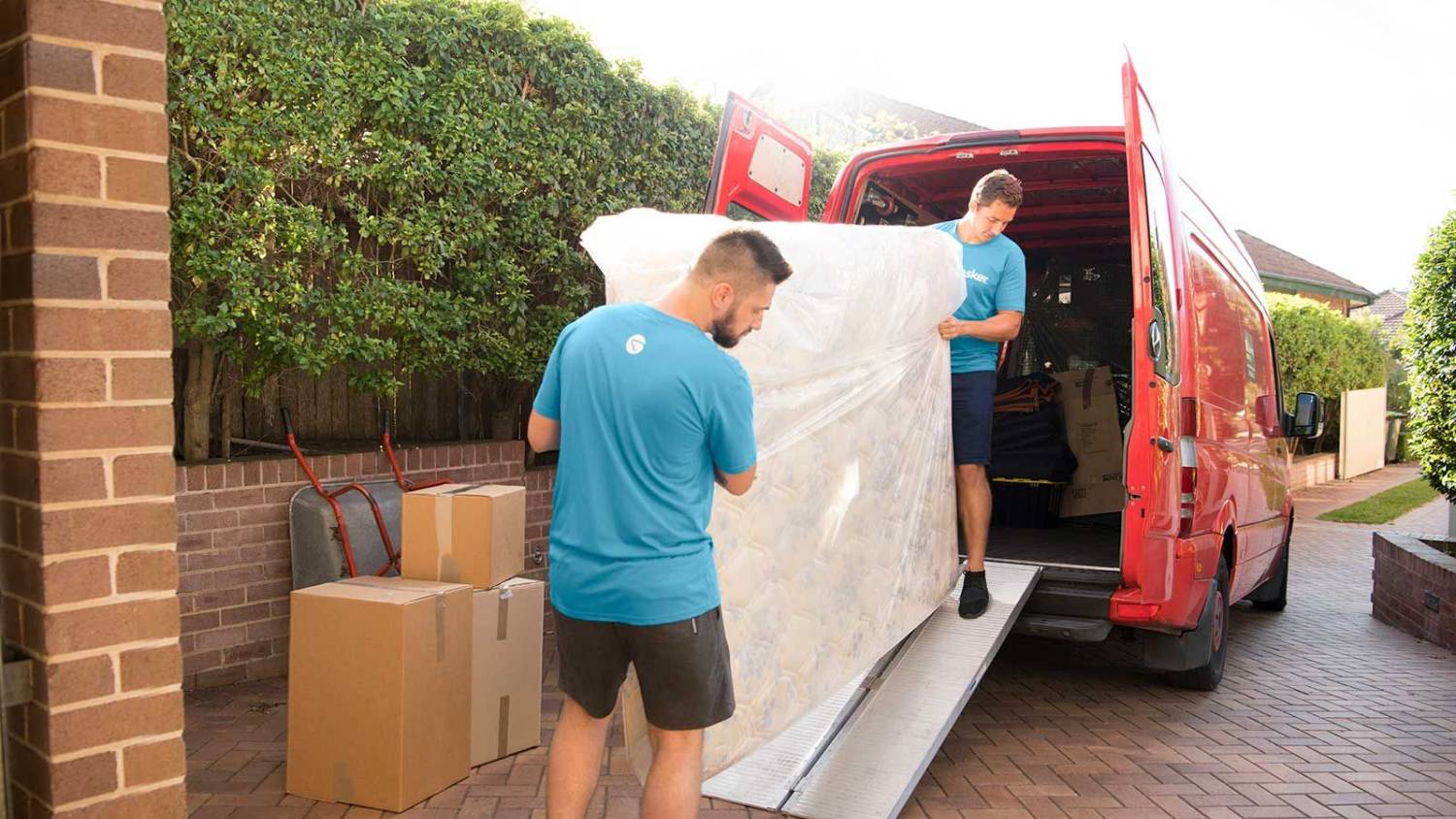
How much does it cost to move house?
Read more
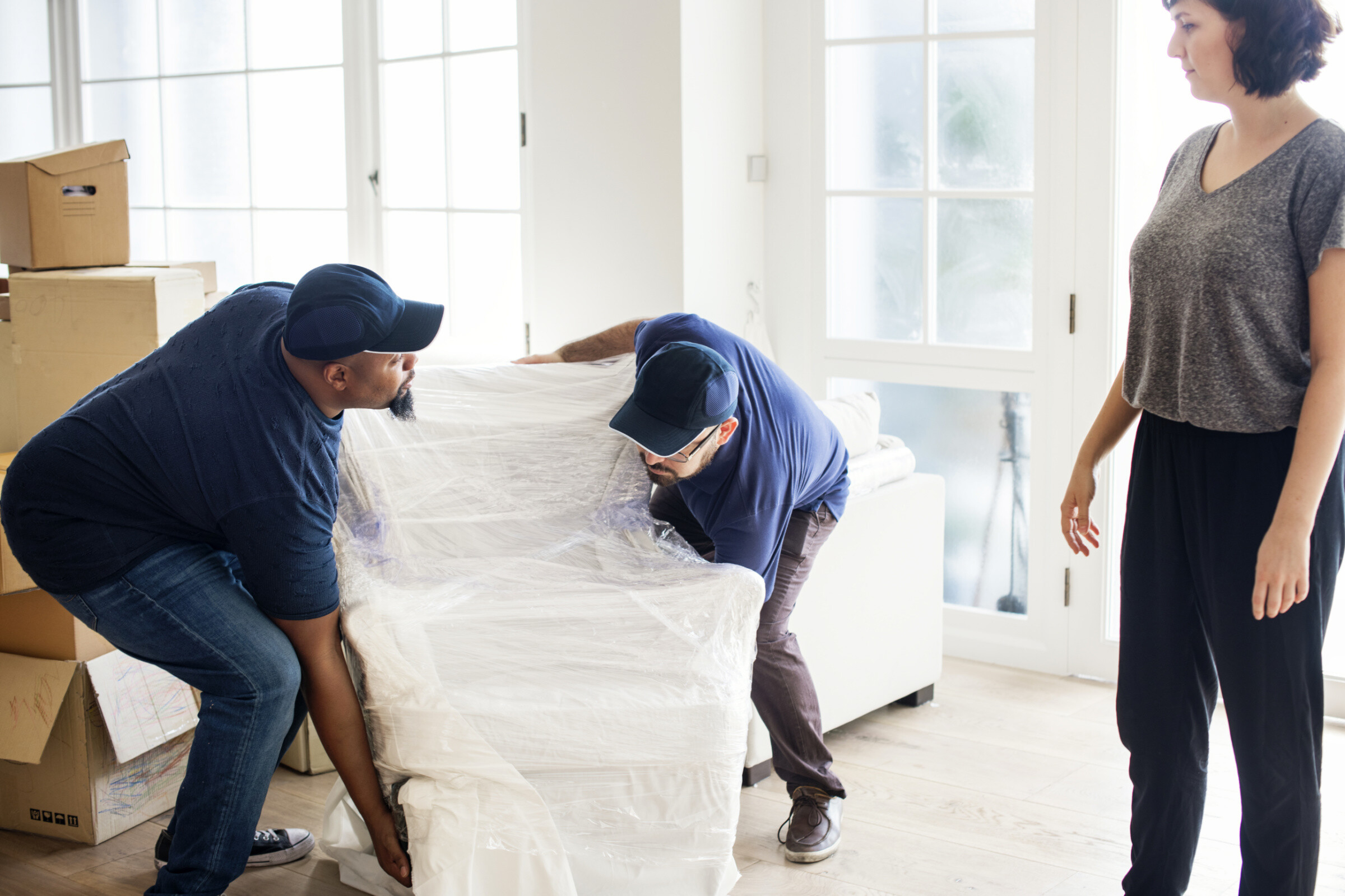
How much does it cost to move house?
Read more
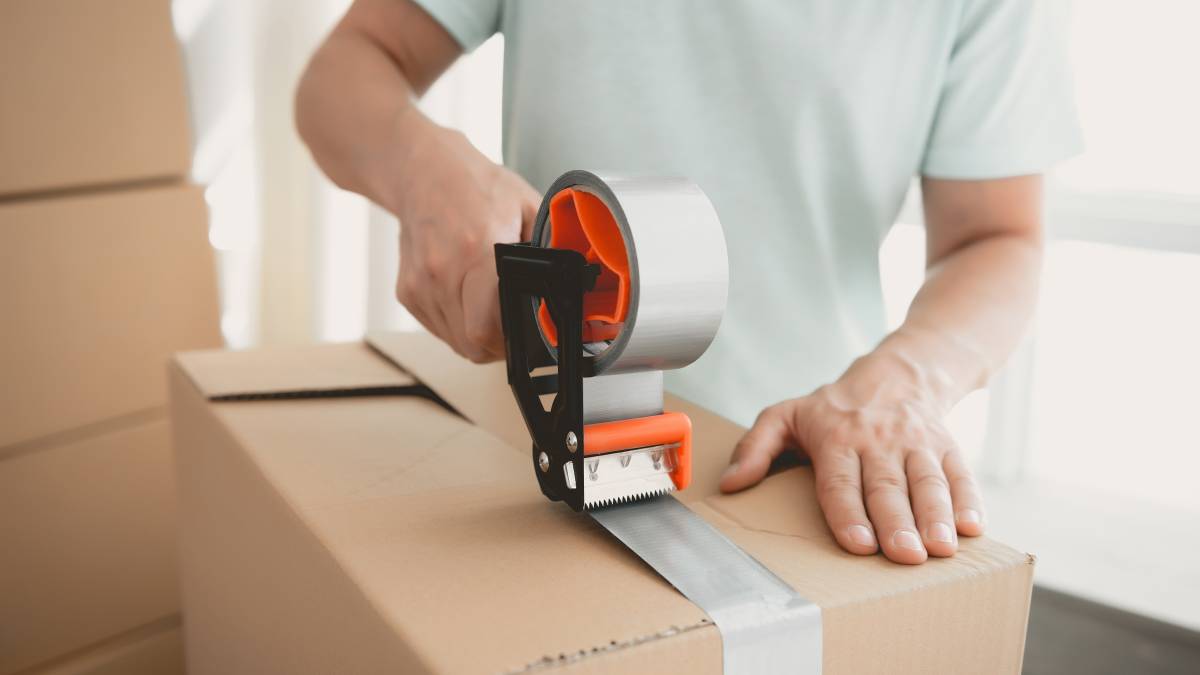
How much do packers cost?
Read more
Related articles
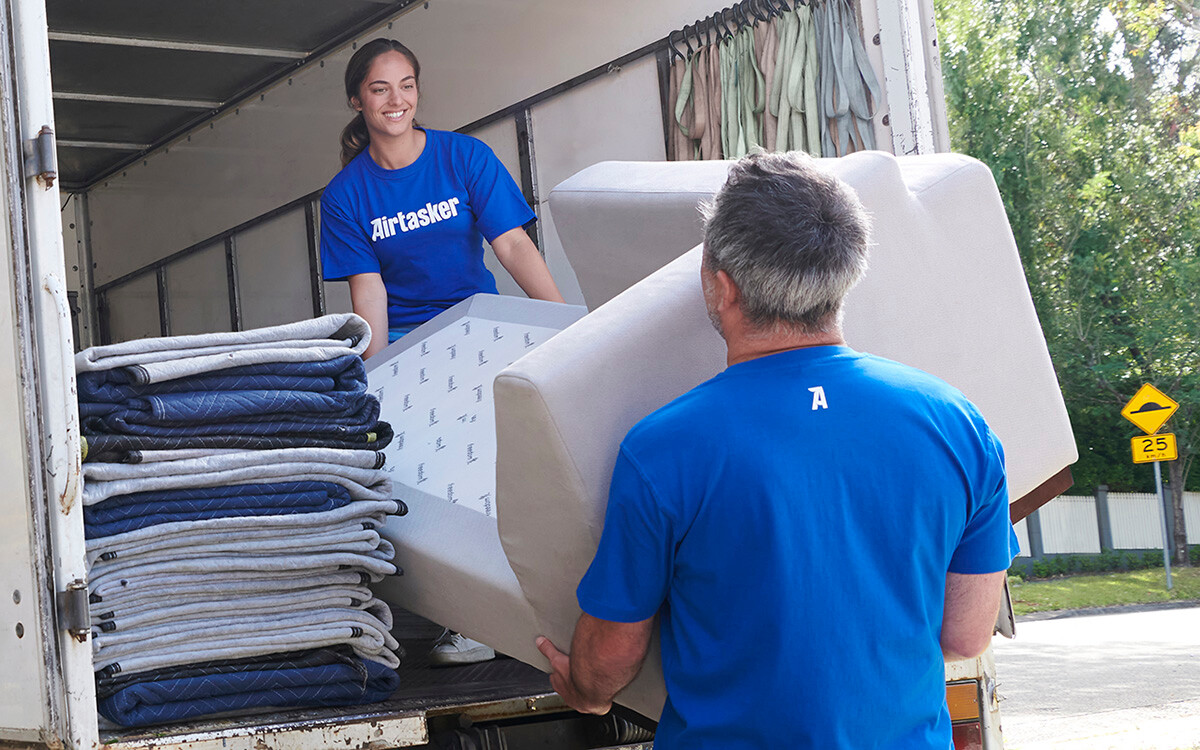
Moving Checklist
Read more

A guide to becoming a removalist
Read more

Tips for moving house with kids
Read more

How to pack mirrors for moving
Read more

How to move gym equipment safely
Read more

How to pack kitchen items for moving
Read more

How to pack books for moving
Read more

How to pack artwork for moving
Read more
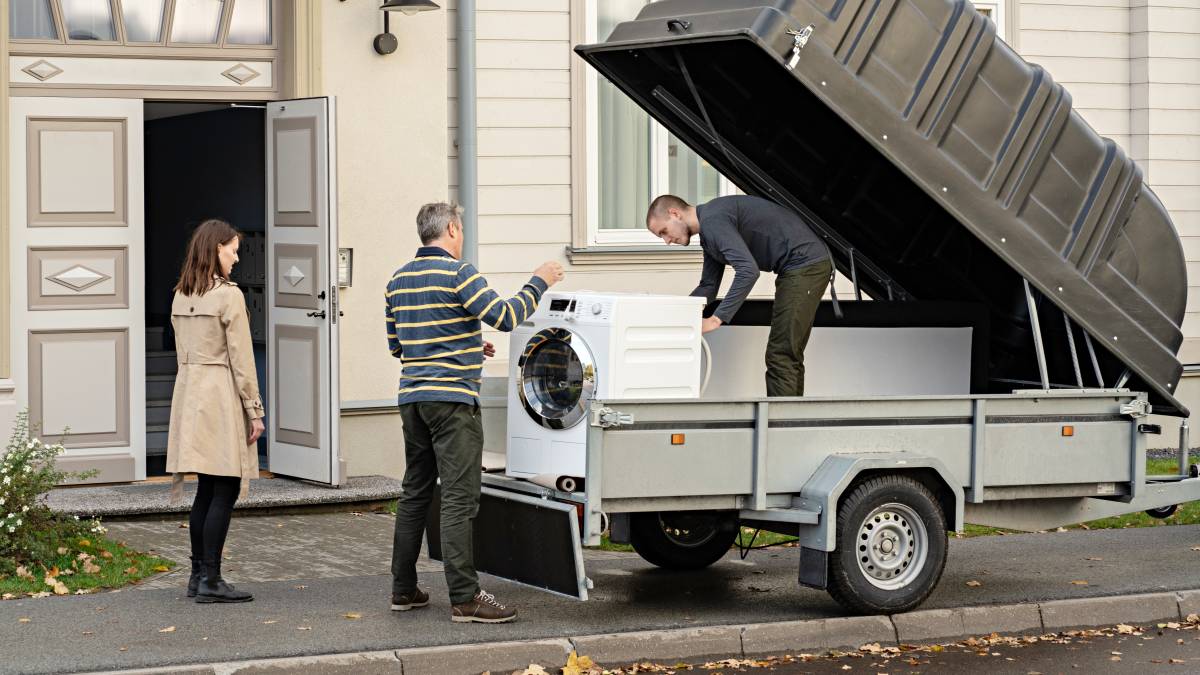
How to move a washing machine
Read more
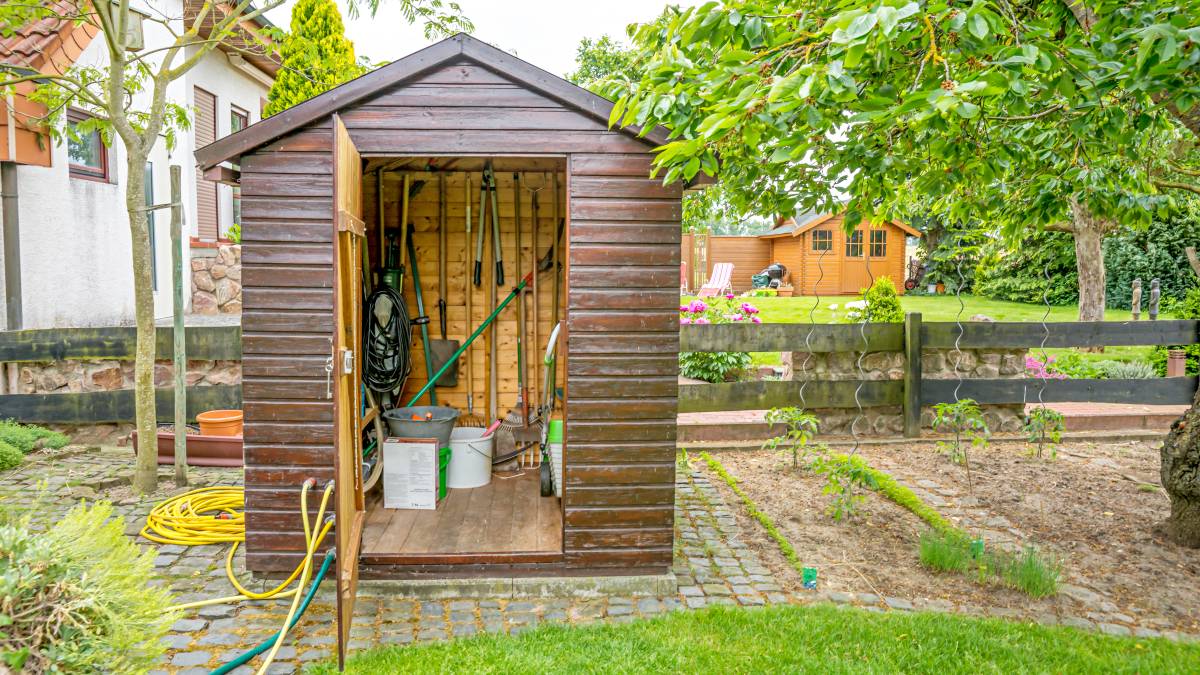
How to move a shed
Read more

How to move a pool table
Read more
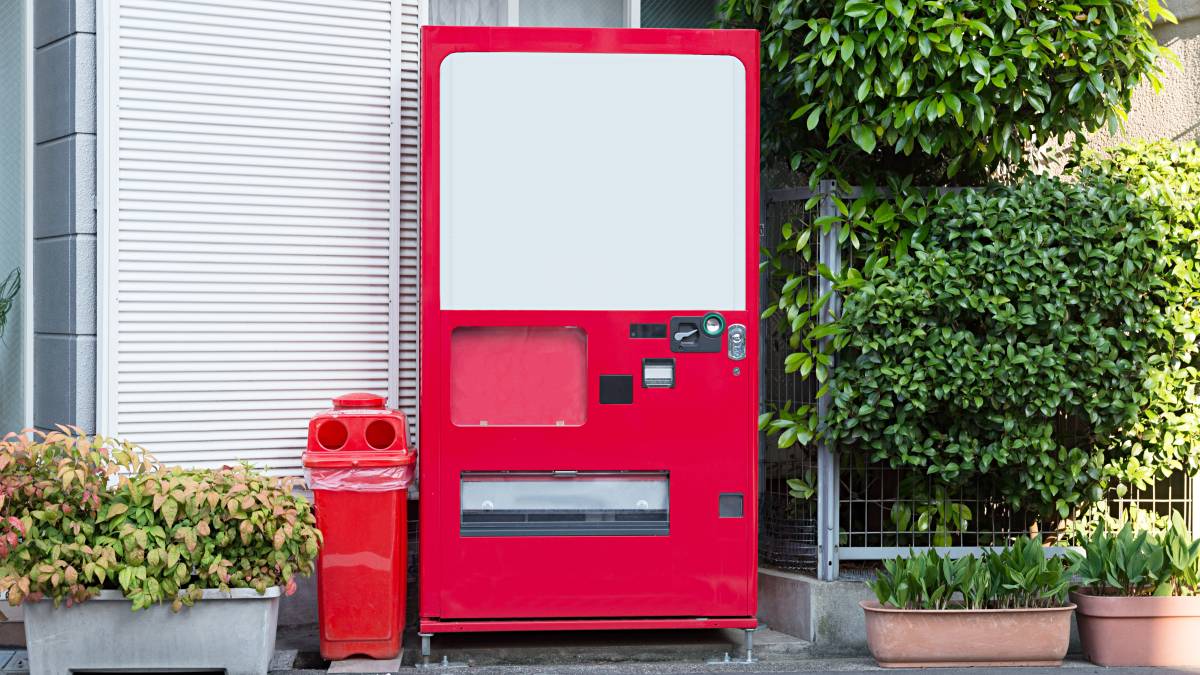
How to move a vending machine
Read more
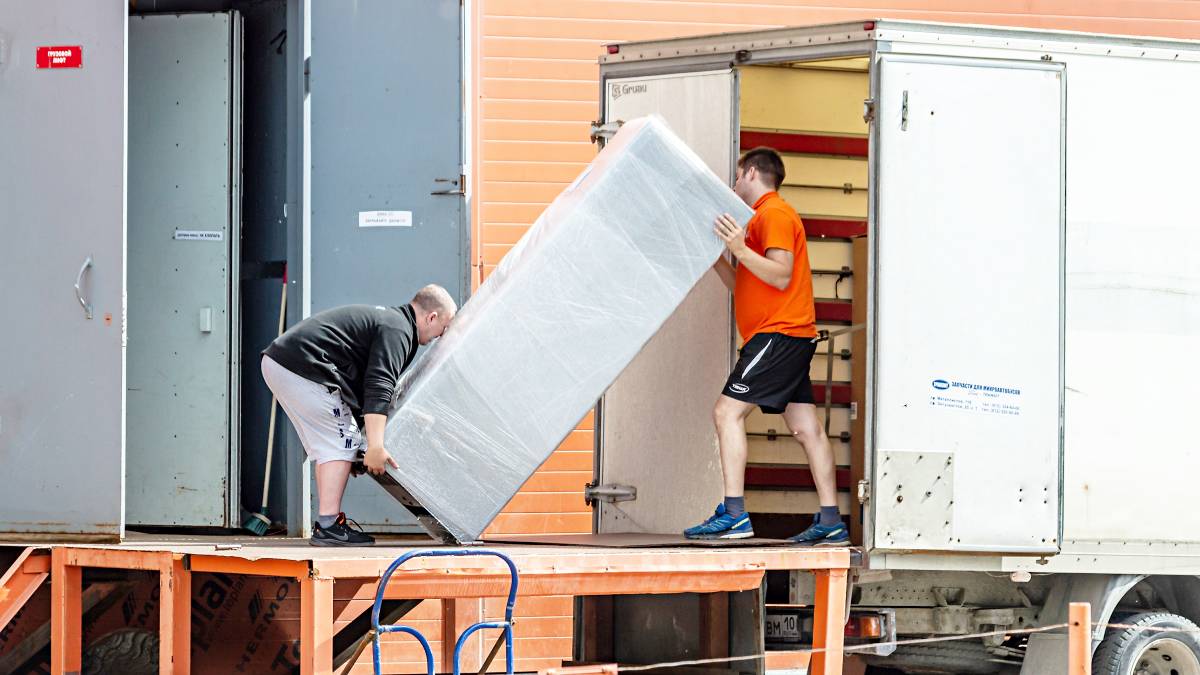
Moving a fridge: How to do it right
Read more

How to move a pinball machine
Read more

How to wrap furniture for moving
Read more

What moving companies won’t move
Read more
